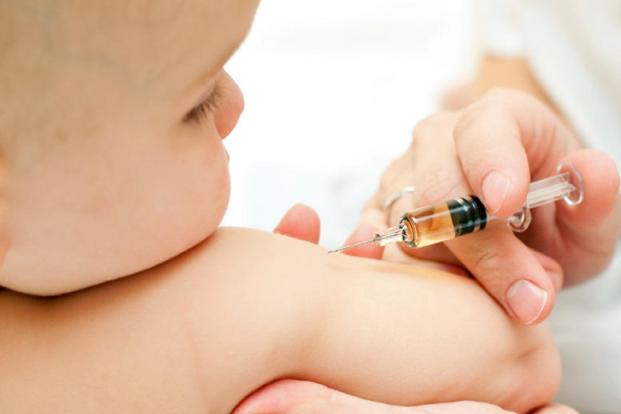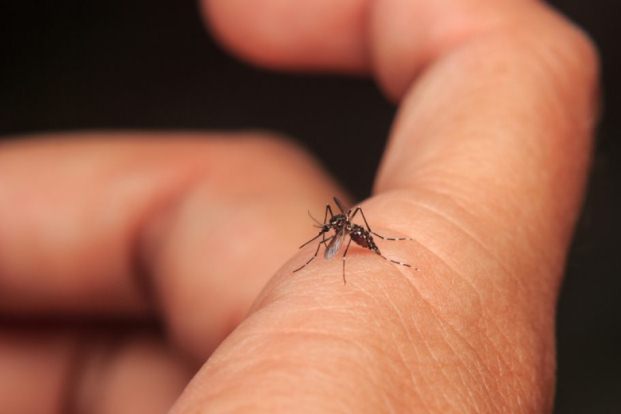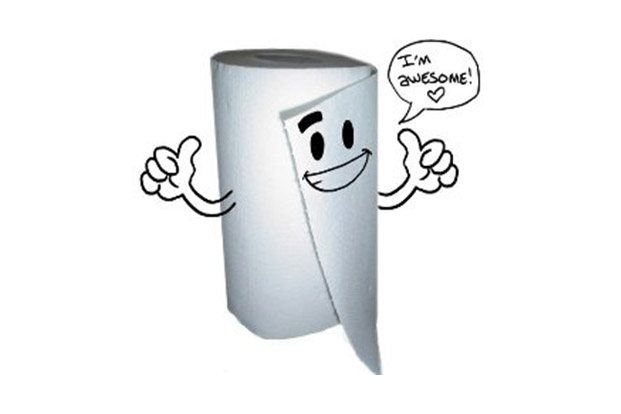Categories
- Bariatric Surgery (11)
- Black Fungus (5)
- Bone Marrow transplant (3)
- Brain Tumor Surgery Navigation Technology (20)
- Cardiac Surgery (66)
- Cardiology (97)
- Computer navigation technology for joint replacements (20)
- Covid Vaccination (17)
- Critical Care (2)
- Dental (19)
- Dermatology (31)
- Dialysis Support Group - “UTSAAH” (11)
- Dietitian (33)
- Emergency Medicine (4)
- Emotional Health (11)
- Endocrinology (33)
- ENT (20)
- Gastroenterology and GI Surgery (53)
- General and Laparoscopic Surgery (21)
- General Surgery (4)
- Gynecology & Obstetrics (183)
- Hematology (20)
- Internal Medicine (294)
- Kidney Transplant (50)
- Kidney Transplantation (20)
- Lung Cancer (8)
- Minimal Invasive Surgery (1)
- Mother & Child (20)
- mucormycosis (5)
- Nephrology (61)
- Neurology (147)
- Neurosurgery (68)
- Nutrition and Dietetics (107)
- Omicron Variant (1)
- Oncology (288)
- Ophthalmology (10)
- Orthopaedics & Joint Replacement (86)
- Paediatrics (59)
- Pediatric Nephrology (3)
- Physiotherapy (5)
- Plastic & Reconstructive Surgery (6)
- Psychiatry and Psychology (90)
- Psychologist (28)
- Pulmonology (72)
- Rheumatology (13)
- Spine Services (21)
- Transradial Angioplasty (16)
- Urology (84)
Query Form
Posted on Apr 19, 2022
Pneumonia in Newborns and Babies
Babies and young children may get pneumonia from respiratory syncytial virus (RSV), like as infants may get it from group B streptococcus (GBS) acquired at birth during delivery. Children with bacterial pneumonia basically have sudden symptoms like severe fever, rapid breathing, and coughing. Agents of chronic congenital infection, like as cytomegalovirus, rubella, and others, may cause pneumonia in the first 24 hours of life. In the neonatal period, pneumococcal infections can present in the form of pneumonia, sepsis, or meningitis with beginning or late onset.

Neonatal pneumonia is a lung infection in a neonate. Signs may be few to respiratory distress or progress to shock and death. Unlike adults, children who have pneumonia may not experience a nagging cough or fever, and may have signs of infection that are much more subtle. They also are at large number risk of contracting the disease because their immune systems aren’t fully developed. Children with walking pneumonia may not feel sick enough to stay home but they could have the following symptoms:
- Dry cough
- Low-grade fever
- Headache
- Tiredness
Mycoplasma pneumoniae is responsible for about 2 to 20 % percent of all adult cases of pneumonia but the rate is even higher among school age children group. An approx 2 million Mycoplasma pneumoniae infections occur every year in the United States, and it’s the most common issue of pneumonia in school-age children. Breast feeding protects the baby from getting pneumonia by boosting their infection-fighting (immune) system. Breastfeeding beyond 4 months of age.



